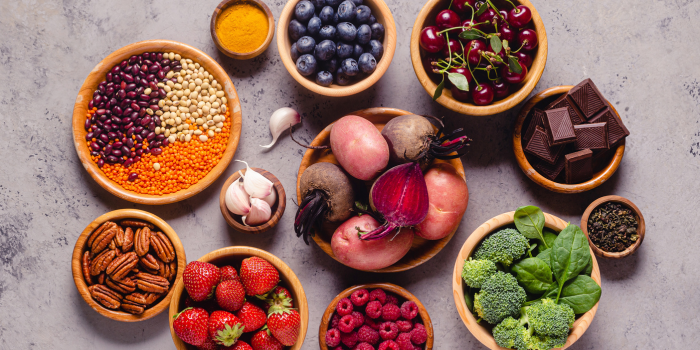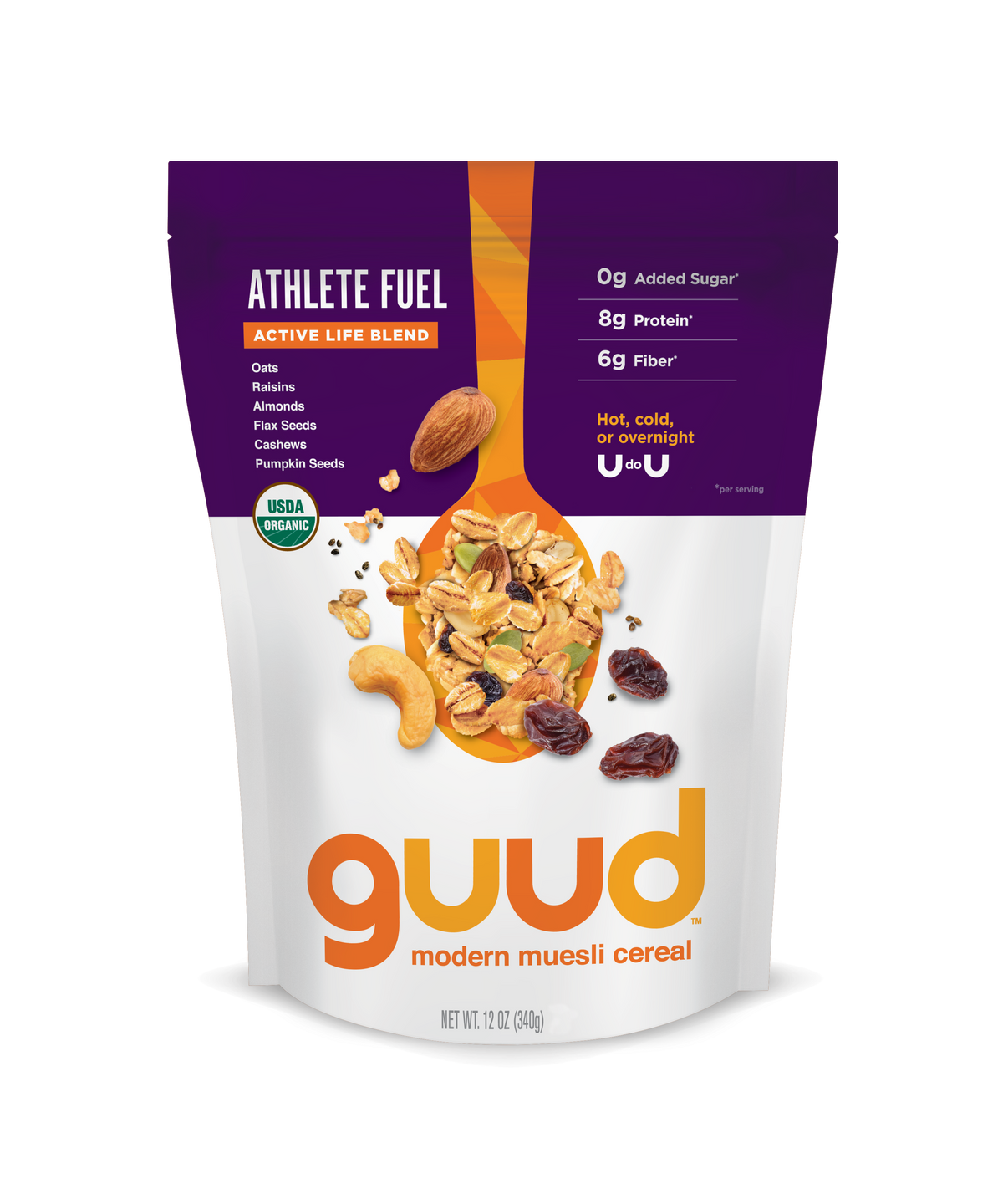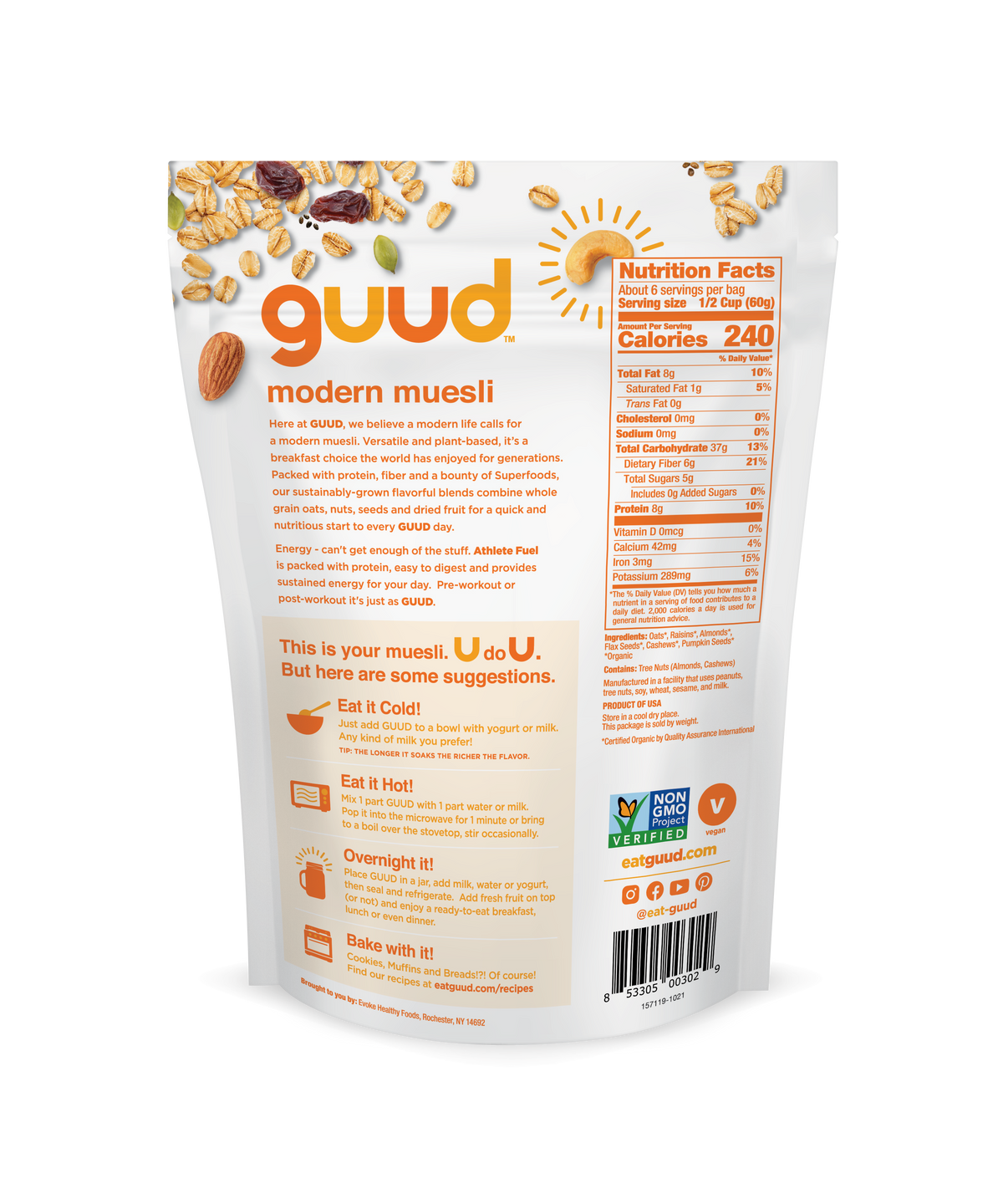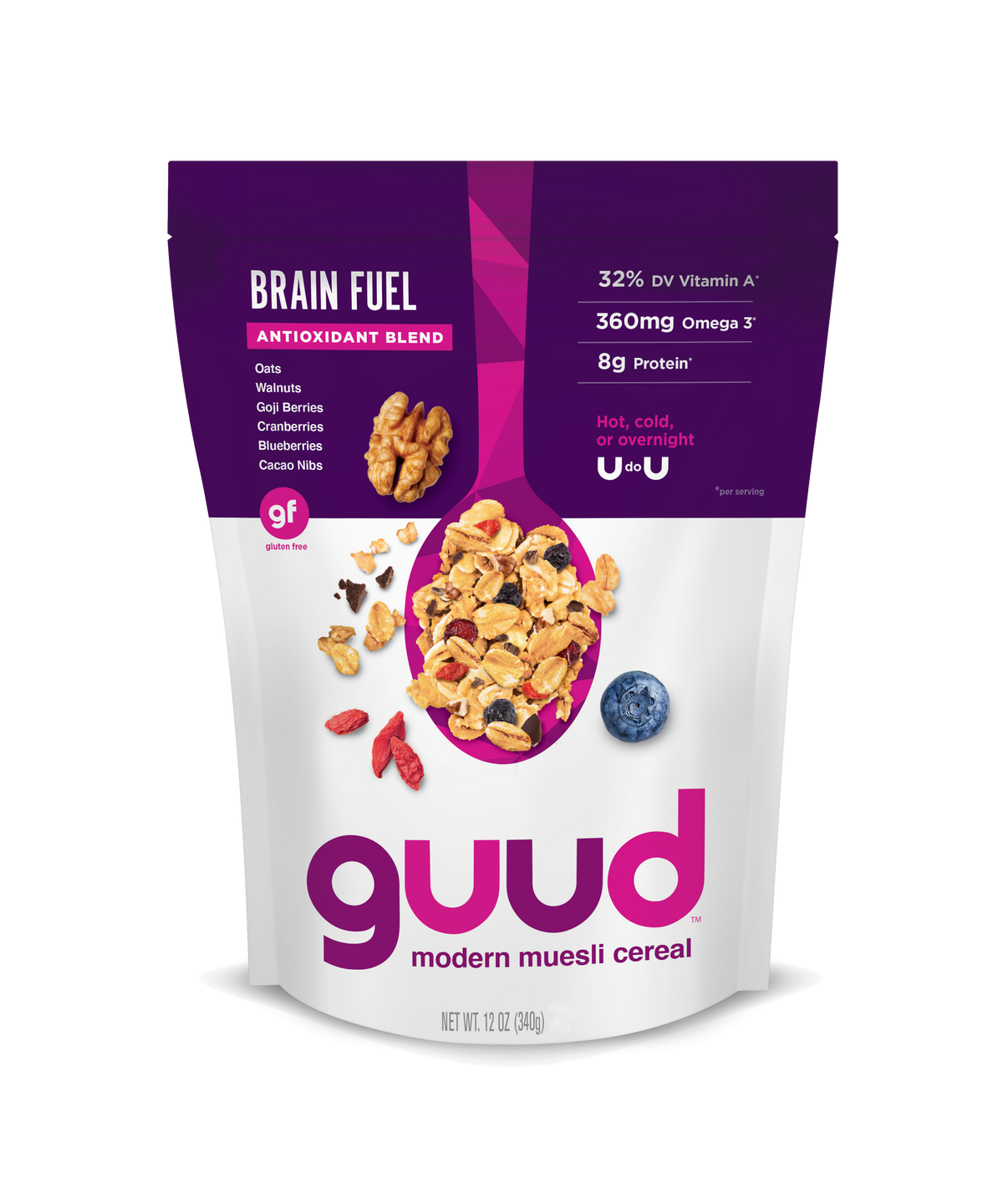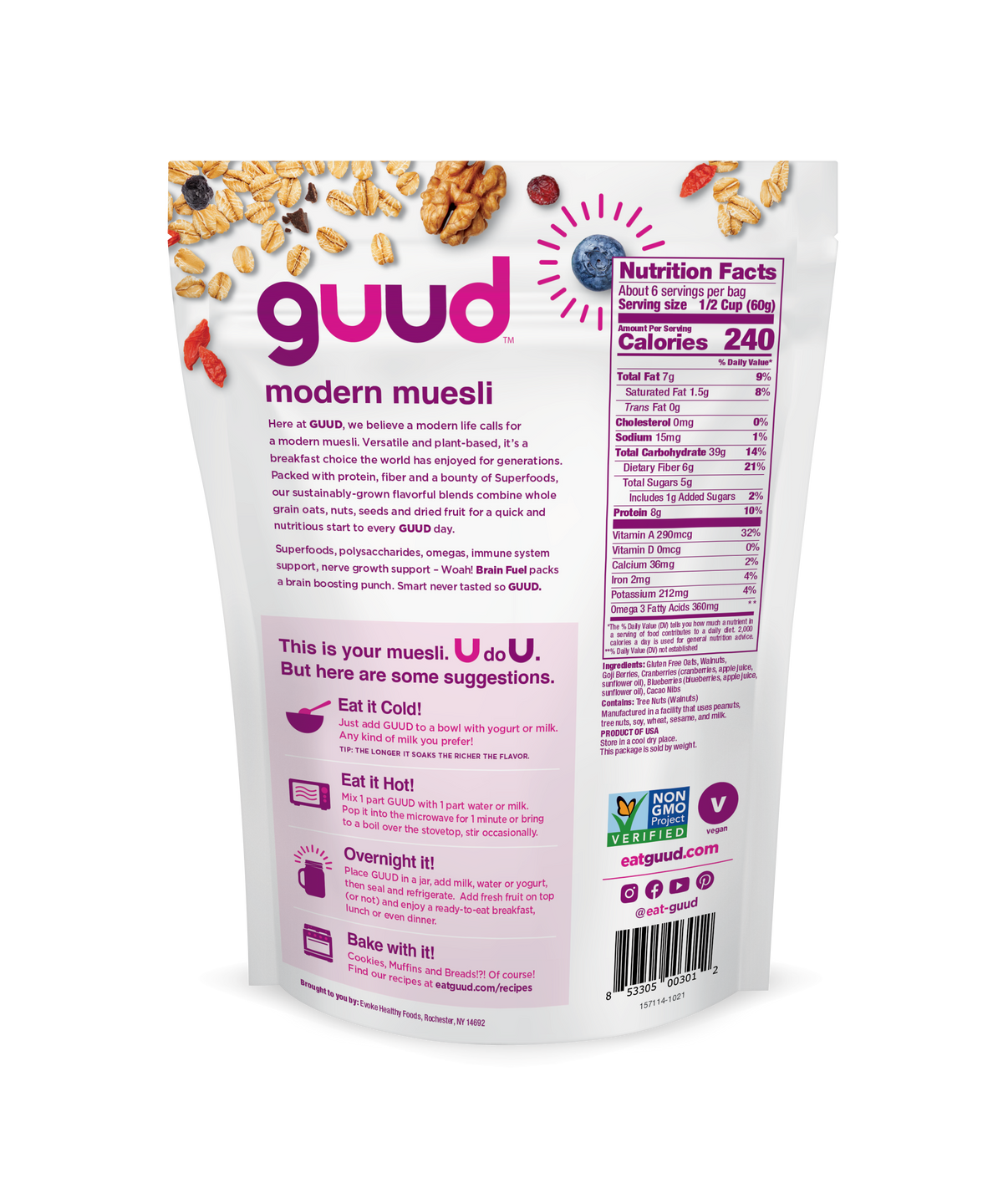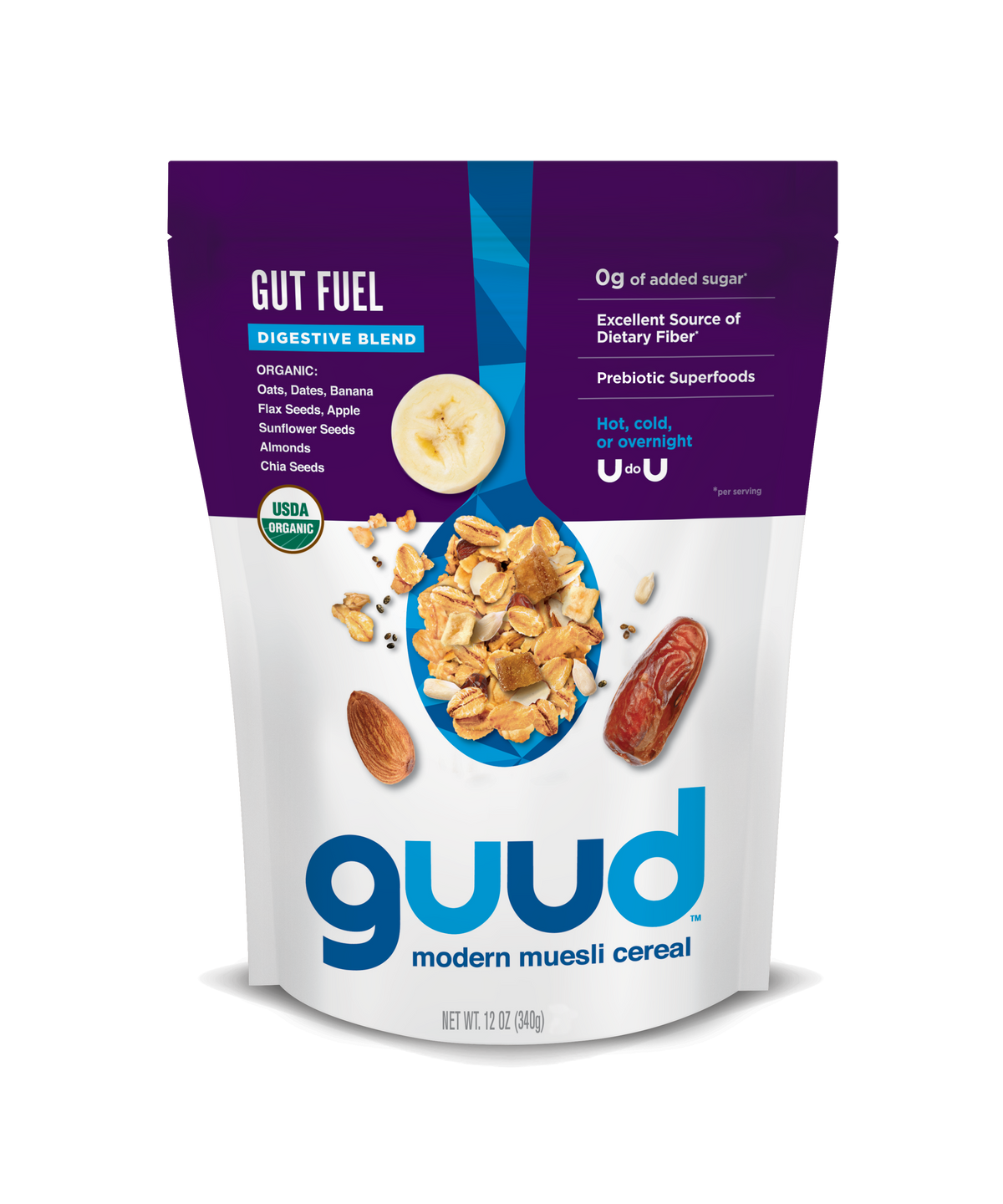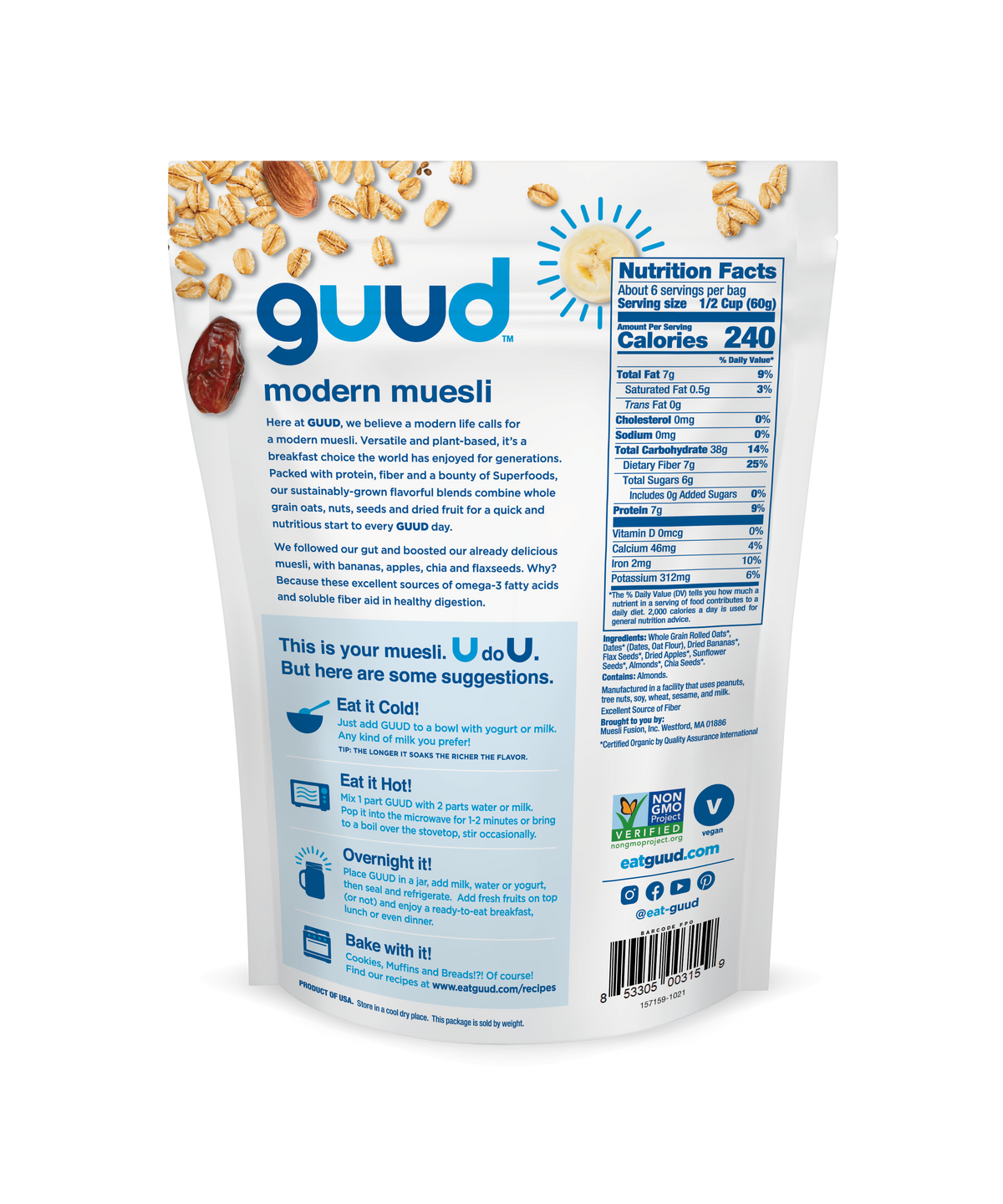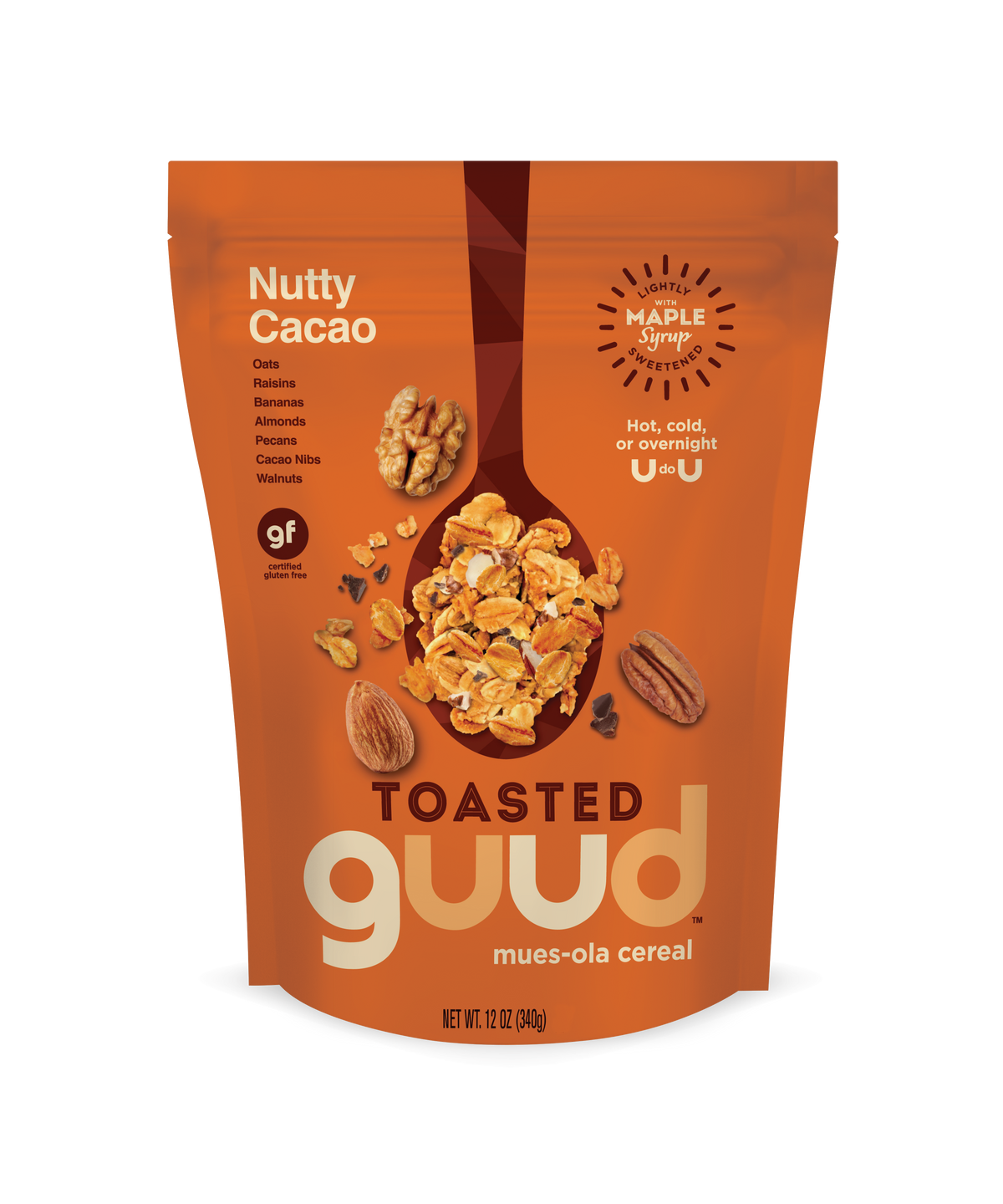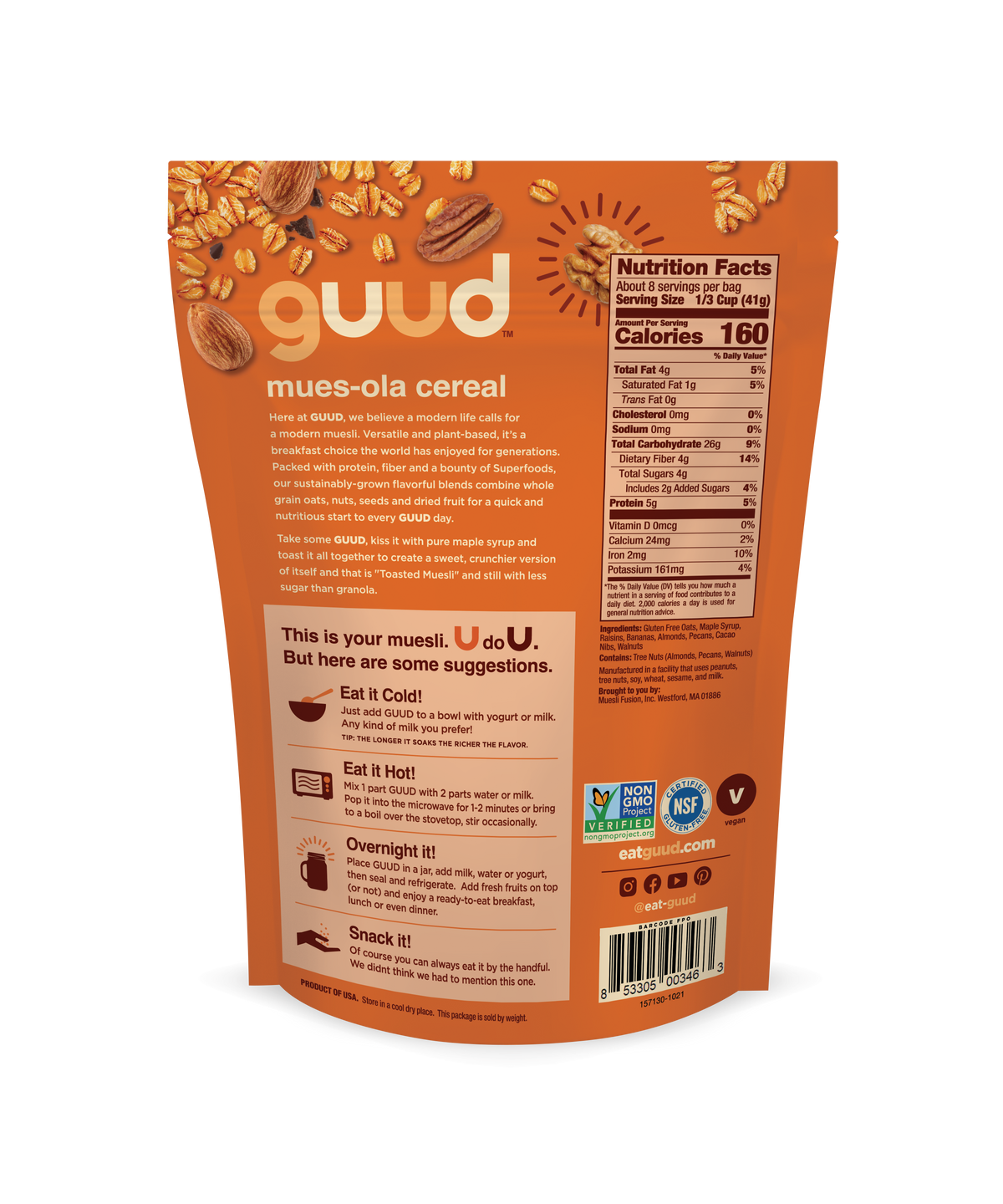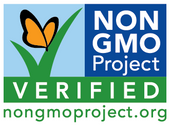Prebiotics are specialized types of dietary fibers that are not digestible once you eat them. This might sound problematic, but in fact, it's actually beneficial for gut health, cholesterol levels, your weight, and more. Rather than being digested in the small intestines, prebiotics travel to the colon where they are fermented by beneficial bacteria, promoting the growth and activity of healthy probiotic bacteria in the gut microbiome.
Prebiotics are important because they help support a healthy gut microbiome, which has been linked to a wide range of health benefits. For example, by "feeding" probiotics in the gut, prebiotics can help improve digestion, enhance immune function, and reduce the risk of certain chronic diseases such as obesity and type 2 diabetes.
Where can you find prebiotics? They're naturally found in many plant foods such as whole grains, fruits, vegetables, legumes, and nuts. In addition, prebiotic supplements are also available, although it's generally recommended to get prebiotics through a healthy, varied diet.
Let's look closer at why and how you should consume more prebiotics, in addition to other types of fiber, from fibrous foods such as whole-grain oats and seeds.
5 Benefits of Prebiotic Foods
Prebiotics are defined as types of dietary fibers that are not digested by the human body. Some common types of prebiotics include inulin, fructooligosaccharides (FOS), galactooligosaccharides (GOS), and resistant starch, which are found in many types of plant foods. Wherever you find lots of fiber, such as in vegetables and whole grains, chances are prebiotics are found there too.
There are many potential benefits associated with consuming prebiotic foods, including:
- Improved gut health: Prebiotics promote the growth and activity of beneficial probiotic bacteria in the gut. This helps lower the risk of digestive issues such as bloating, constipation, and diarrhea.
- Enhanced immune function: A healthy gut microbiome is closely linked to a strong immune system, considering the majority of the immune system is located inside the gut. Consuming prebiotic foods may help support a diverse and healthy gut microbiome, which in turn can help enhance immune function and reduce the risk of infections.
- Reduced inflammation: Chronic inflammation has been linked to a wide range of health problems and in some cases, it stems from poor gut health, such as a damaged gut lining. Prebiotics may help reduce inflammation in the body by promoting the growth of beneficial bacteria in the gut and supporting gut lining integrity.
- Improved mental health: The gut-brain axis is a complex communication network of nerves that run between the gut and the brain. A healthy gut microbiome may help support mental health by reducing stress and anxiety, improving mood, and enhancing cognitive function.
- Lower risk of chronic diseases: Prebiotics have been linked to a lower risk of chronic diseases such as obesity, type 2 diabetes, and cardiovascular disease. By promoting a healthy gut microbiome, prebiotics may help improve metabolic health and reduce inflammation, which are key factors in the development of these diseases.
Best Sources of Prebiotics
Prebiotics are found in a variety of plant-based foods, particularly those that are high in fiber.

Some of the richest sources of prebiotic fibers include:
- Whole grains: Whole grains such as oats, barley, and wheat are high in beta-glucans, which are beneficial for maintaining normal cholesterol and blood sugar levels, as well as supporting the immune system.
- Chicory root: Chicory is a great source of inulin, a type of prebiotic fiber.
- Jerusalem artichoke: These are other good sources of inulin.
- Garlic, leeks, and onions: Both are rich in fructooligosaccharides (FOS).
- Legumes: Legumes such as lentils, chickpeas, and beans are a good source of both soluble and insoluble fiber, including prebiotic fibers such as galactooligosaccharides (GOS).
- Bananas: Bananas contain resistant starch, a type of prebiotic fiber that resists digestion in the small intestine and reaches the colon intact.
- Asparagus and artichokes: Both are high in inulin.
- Dandelion greens and other greens: Many greens are good sources of inulin.
- Apples, pears, and berries: These fruits contain prebiotic fibers including pectin, a type of soluble fiber that supports digestion.
- Flaxseeds and chia seeds: Flax and chia are good sources of mucilage, a type of soluble fiber that has been shown to help improve digestive health, reduce inflammation, and support immune function.
- Other fruits and veggies: You'll also find some prebiotics in apricots, potatoes, yams, yacon root, carrots, green beans, peaches, tomatoes, coconut, and eggplant.
How Many Servings of Prebiotics Should You Eat Each Day?
There's no specific daily recommendation for how many servings of prebiotics a person should consume each day. However, some experts suggest consuming at least 3 to 5 grams of prebiotic fiber every day, which may help support digestive/gut functions and overall health. Note: it's recommended you consume 25 to 38 grams of fiber in total each day, some of which can be prebiotics.
To give you an idea of how to get 3 or more grams of prebiotics into your diet, there's about 4 to 5 grams in one 100-gram serving of oats. 100 grams of onions has about 4 grams of prebiotics, while asparagus has about 2 to 3 grams per 100-gram serving.
The amount of prebiotics needed varies depending on several factors, including age, sex, body weight, and overall health status. In general, it's recommended to eat a varied diet rich in a wide range of plant-based foods to ensure you are getting a diverse range of prebiotic fibers.

Meal Ideas That Boost Your Prebiotic Intake
What are some ideas for healthy meals that include prebiotics? Try these:
- Muesli overnight oats with berries: Mix muesli with your favorite type of milk, yogurt, and flax seeds and top with berries. Let it sit in your refrigerator overnight, then enjoy.
- Roasted asparagus and sweet potato salad: Roast asparagus and sweet potato in the oven and toss with mixed greens and a dressing made with olive oil, lemon juice, and Dijon mustard.
- Artichoke and lentil soup: Cook lentils with artichoke hearts, onion or leeks, and garlic in vegetable broth and garnish with fresh parsley.
- Flaxseed smoothie bowl: Blend muesli, Greek yogurt, frozen mixed berries, and ground flaxseed in a blender and top with sliced bananas.
- Apple and almond butter sandwich: Spread almond butter on whole-grain bread and top with thinly sliced apples, pears, or berries.
- Mixed fruit salad: Combine sliced kiwi, papaya, and pineapple in a bowl and sprinkle with shredded coconut, flax, and muesli. Top with milk if you'd like.

A convenient way to boost your prebiotic intake is to enjoy a serving (or two!) of muesli daily, which is made with prebiotic foods including rolled oats, dried fruit, seeds, and nuts. GUUD's Organic Gut Fuel Muesli is rich in prebiotic fiber, as well as plant-based protein, and healthy fats— helping to fuel your day. Try our muesli cold, hot, or even baked right into healthy homemade treats, such as oatmeal cookies or bars.


